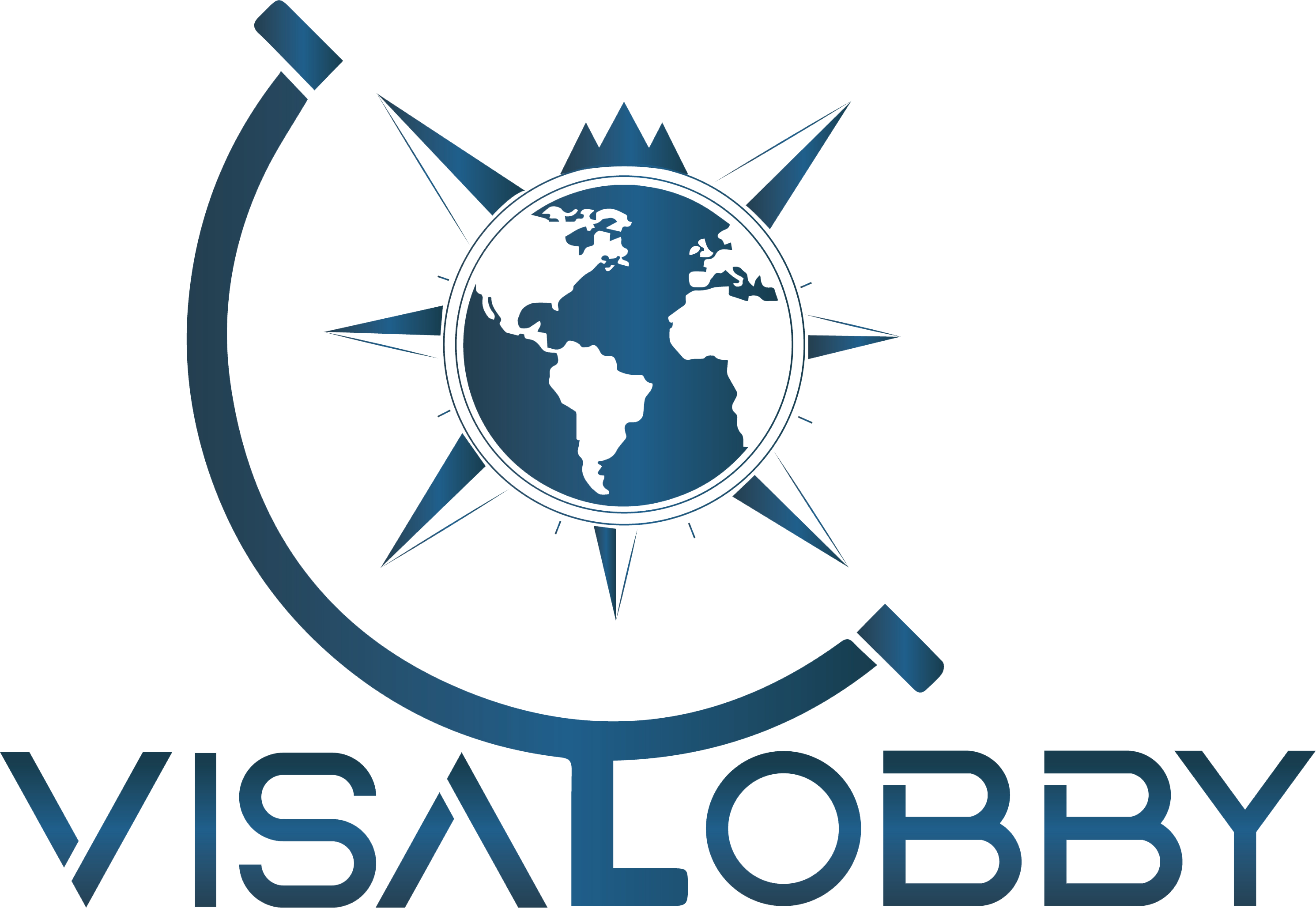


Canada has announced the beginning of a new work permit programme created especially for Americans with H-1B visas. This programme is a part of Canada's Tech Talent Strategy, which aims to promote innovation and spur economic development in the nation's high-tech industry.
Now, U.S. citizens with H-1B speciality occupation visas can apply for an open work permit in Canada. This indicates that beginning on July 16, 2023, H-1B visa holders and members of their immediate families would be permitted to work and study for up to three years in Canada.
With this work visa, they are able to look for jobs with nearly any company in the nation. As a result, it enables individuals to increase the scope of their professional prospects while also fostering the development of Canada's high-tech sector.
The spouses and dependents of H-1B visa holders are also eligible for benefits under the open work permit. Depending on their individual needs, they can apply for both a work or study permit and a temporary resident visa.
This action not only improves labour mobility within North America but also offers qualified people a desirable path to continue their careers in the high-tech industry, expanding the talent pool and boosting Canada's economy.
In addition to offering H-1B visa holders work permits, Canada is also making considerable advancements to its current tech programmes.
The Global Skills Strategy and the Start-Up Visa (SUV) programme are only two of the existing initiatives that IRCC will enhance to better serve individuals in high-skill digital jobs.
The goal of the Global Skills Strategy is to assist Canadian firms who are looking for quick access to highly qualified personnel worldwide. After delays throughout the epidemic, IRCC processing times for these work permits have returned to the two-week norm.
For international business owners who get funding from a designated Canadian venture capital fund, angel investor organisation, or business incubator for their startup, the Start-Up Visa (SUV) programme offers a route to permanent residence.
Additionally, Canada is promoting itself as a desirable location for digital nomads. To entice digital nomads and encourage them to look to Canadian employers for potential career prospects, the nation is looking into further policies.
Canada's new H-1B work permit programme displays its dedication to luring top tech talent from around the world. With open work visas, enhanced tech programmes, and an emphasis on innovation, Canada is positioned to become a top location for qualified workers in the high-tech sector.
These policies promote innovation, increase labour mobility, entice top tech talent from around the world, and address labour shortages. They bolster the talent pool, support Canada's economy, and advance the development of its high-tech sector.
In accordance with their individual demands, H-1B visa holders' wives and dependents may apply for a temporary resident visa as well as a work or study permit.